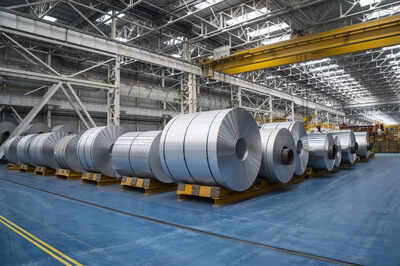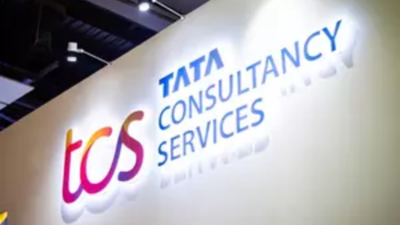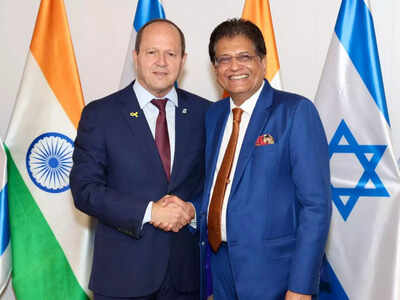Manufacturing boost: FTAs, incentives lift electronics sector; industry eyes $500 billion target by 2030

 Companies say the shift toward manufacturing-centric policies is reshaping India’s export potential and positioning the country for deeper integration into global value chains.As quoted by news agency ANI, Shiva Srinivasan, MD of MEL Systems & Services Ltd, said ongoing FTAs with regions such as the EU, ASEAN and Latin America will significantly widen market access.
Companies say the shift toward manufacturing-centric policies is reshaping India’s export potential and positioning the country for deeper integration into global value chains.As quoted by news agency ANI, Shiva Srinivasan, MD of MEL Systems & Services Ltd, said ongoing FTAs with regions such as the EU, ASEAN and Latin America will significantly widen market access.
“The ongoing FTAs will expand the market for us.
The government investment in semiconductor parks, logistics modernisations and electronics clusters will help the industry,” he noted.
He added that electronics exports are expected to rise sharply to $120 billion by March 2026 from $38 billion in the previous year, noting that the long-term target is even more ambitious.
“I think the target by 2030 is to be 500 billion.”Referring to official data, Srinivasan said domestic electronics production has grown six-fold in a decade to Rs 11.3 lakh crore, while exports have multiplied eight times to Rs 3.27 lakh crore since 2014–15.
He said the ecosystem is strengthening as “sector-specific investments and policies” now match the needs of the manufacturing industry.However, he also highlighted challenges such as dependence on imported rare earth minerals and higher costs compared to China, Vietnam and Mexico due to logistics and compliance pressures.
Still, he said reforms, skilling initiatives and closer industry-government engagement are helping address these issues.As per ANI, Gurmeet Singh, executive director of the Electronics and Computer Software Export Promotion Council (ESC), said the industry is entering a “defining phase” as India shifts from assembly-led operations to deeper value addition.
According to Singh, government incentives have “turned heads toward manufacturing in the Indian electronics industry.” He added that new FTAs, including the India-UK pact, along with improved stakeholder outreach and mutual recognition agreements, are expanding global opportunities.The government has recently approved 17 new projects under the Electronics Component Manufacturing Scheme (ECMS), involving investments of Rs 7,172 crore and expected to generate more than 11,800 jobs.
The projects—spread across nine states—cover components such as camera modules, multi-layer PCBs, optical transceivers, oscillators, and enclosures.
With this second tranche, a total of 24 projects have been cleared under the scheme.
As per PTI, the initiative aims to strengthen domestic capabilities, deepen MSME participation and anchor India more firmly in global electronics supply chains, with Union minister Ashwini Vaishnaw emphasising the need for quality systems, skilling and resilient supply chain frameworks.



